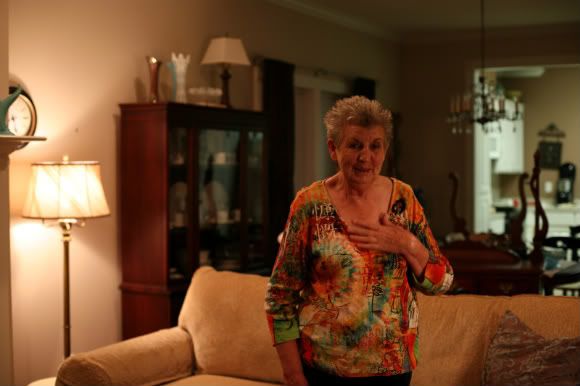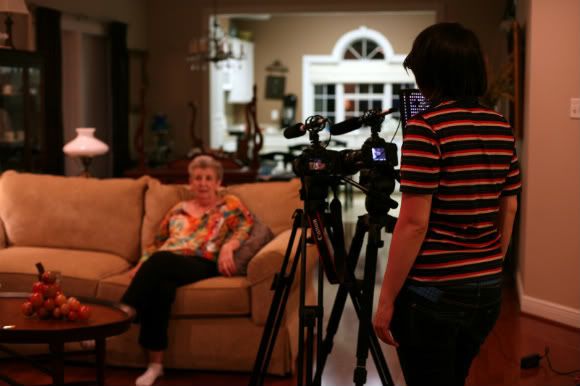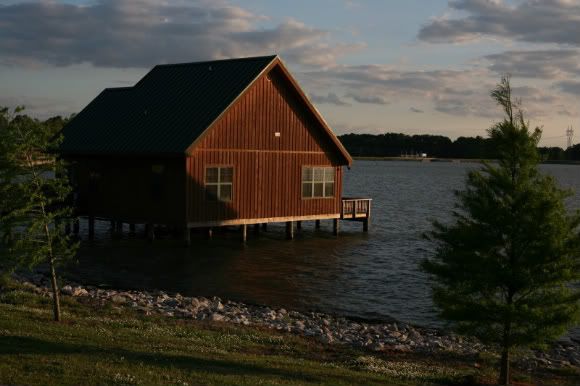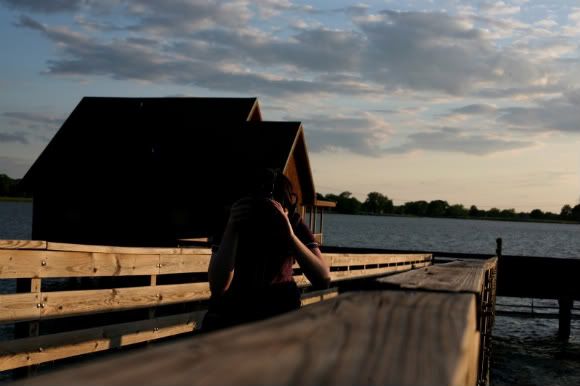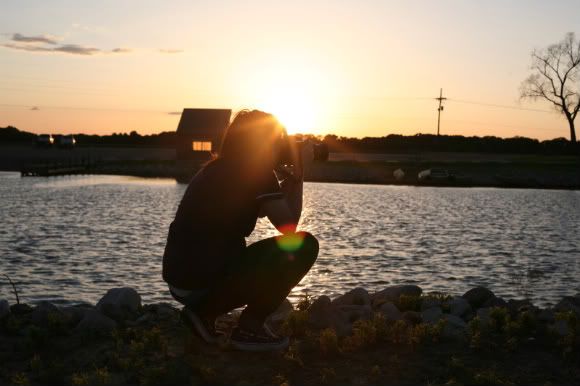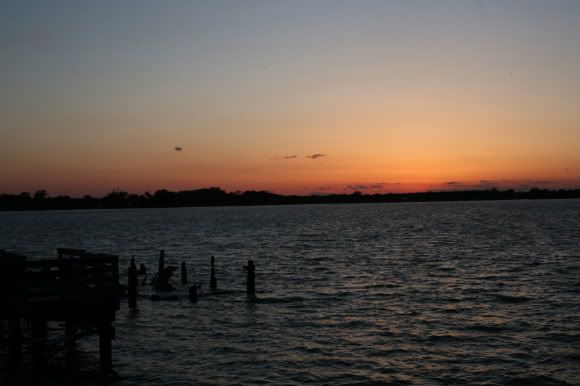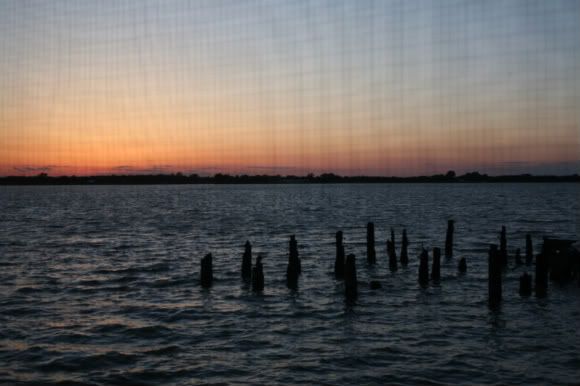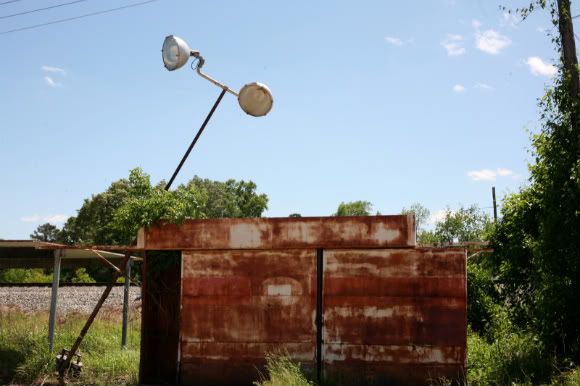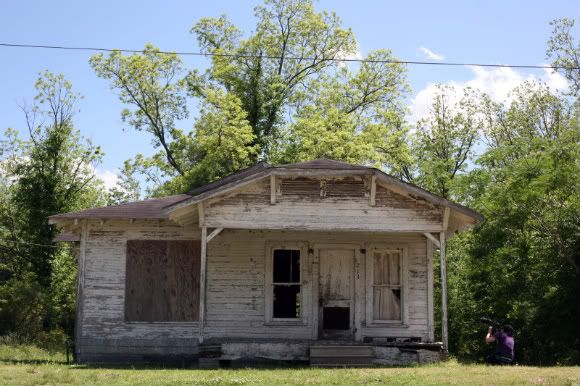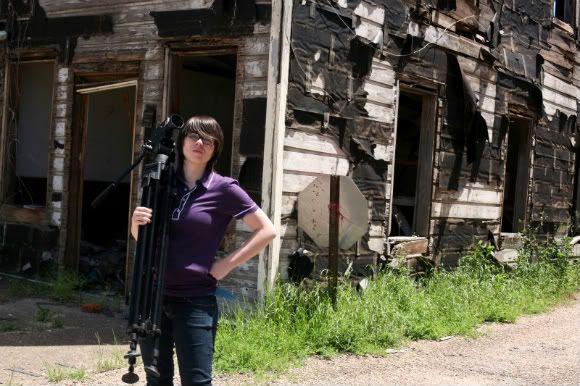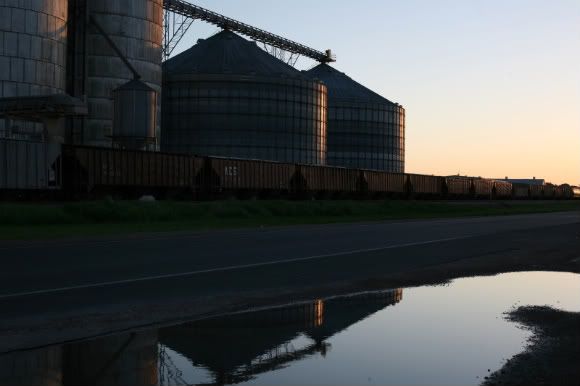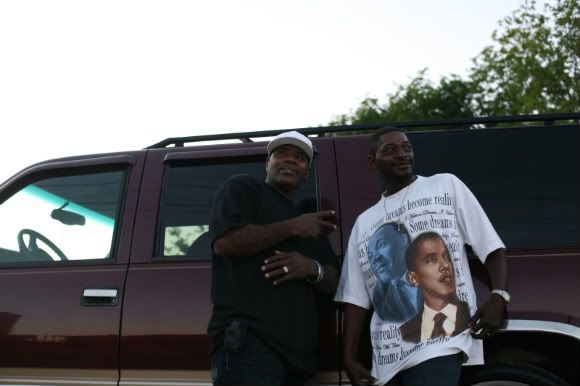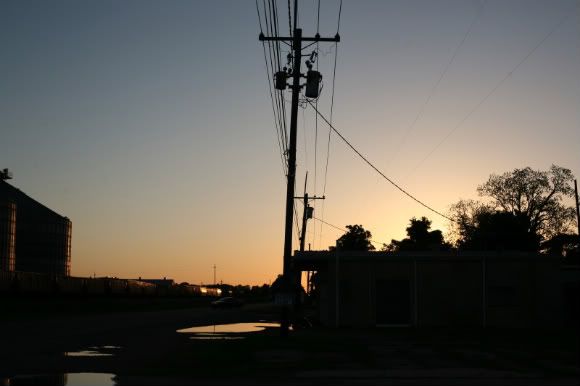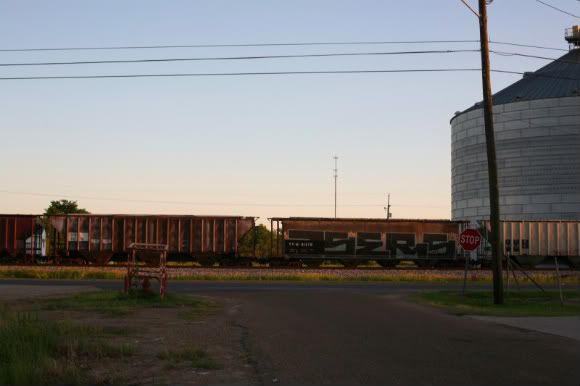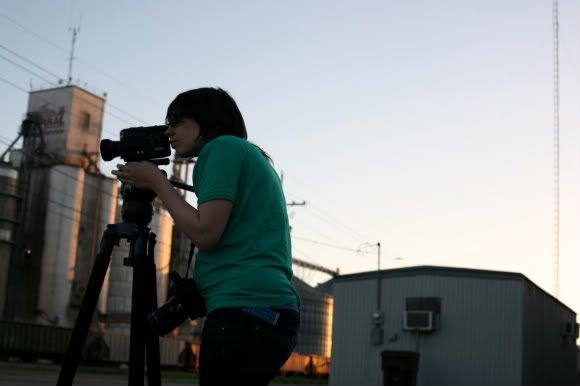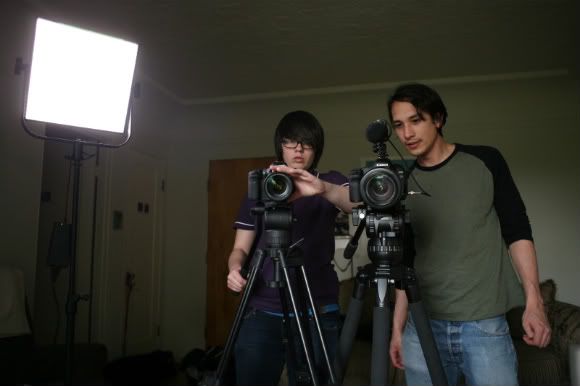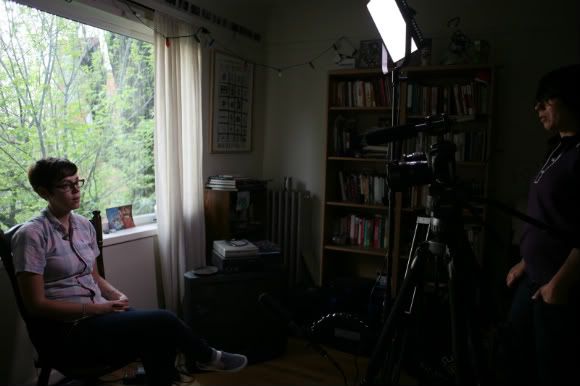For four years, my friend Jessica has sent out a poem a day every April. This year, she's only sending out female poets (She admitted, in a kind of e-mail breathless confession, that she doesn't actually like female authors. Usually the poems she sends out were written by men).
I always look forward to April. Out of college, it's so hard (why?) to find new poems. I buy tons of new fiction and non-fiction, but I never keep up with poetry (even though I love it).
Today is day two, and it's already getting good:
Making a Fist
by Naomi Shihab Nye
For the first time, on the road north of Tampico,
I felt the life sliding out of me,
a drum in the desert, harder and harder to hear.
I was seven, I lay in the car
watching palm trees swirl a sickening pattern past the glass.
My stomach was a melon split wide inside my skin.
"How do you know if you are going to die?"
I begged my mother.
We had been traveling for days.
With strange confidence she answered,
"When you can no longer make a fist."
Years later I smile to think of that journey,
the borders we must cross separately,
stamped with our unanswerable woes.
I who did not die, who am still living,
still lying in the backseat behind all my questions,
clenching and opening one small hand.
From Words Under the Words: Selected Poems by Naomi Shihab Nye. Published by Far Corner. Reprinted with permission of the author. Copyright © 1995 Naomi Shihab Nye.
